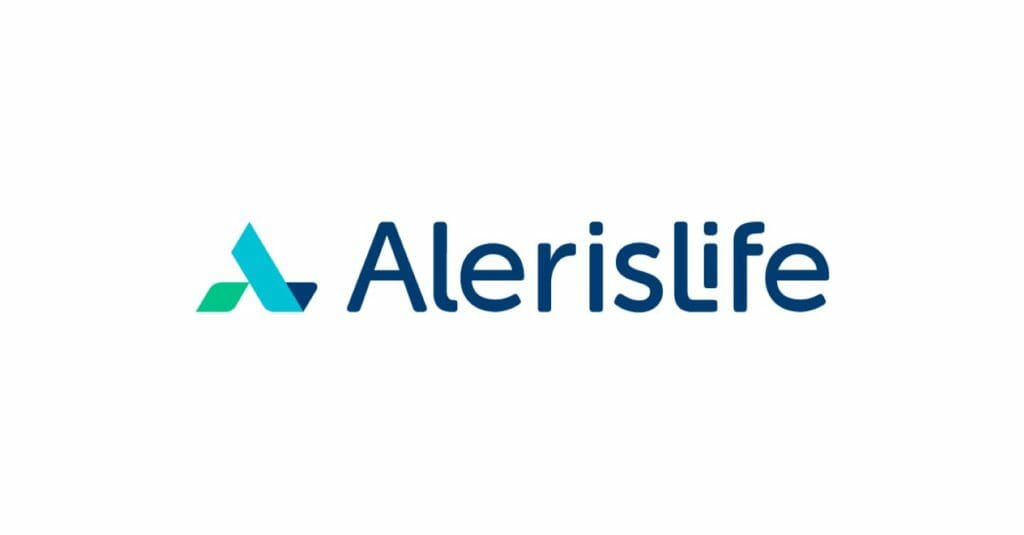
Continuing progress on a restructuring plan to make the company more efficient resulted in occupancy gains that were the largest in recent years in the third quarter, AlerisLife President and CEO Jeff Leer said Thursday on the Newton, MA-based company’s latest earnings call.
Leer said the company has worked toward implementing the recommendations laid out earlier this year in an operational review by healthcare consultant Alvarez & Marsal. Based on that review, in August, AlerisLife announced a plan to reduce costs by $2 million annually, with an expectation to complete its restructuring by mid-2023.
To date, he said, AlerisLife has made progress on many of the recommendations, including aligning its sales, marketing, clinical and resident programming under the national operations support function; deploying sales support functions to focus on improved tour to move-in conversion rates; appointing a chief financial officer, chief operating officer and vice president of marketing; and implementing changes to save $2.6 million.
Enhanced sales, marketing strategies drive occupancy gains
Occupancy at the Five Star Senior Living communities that AlerisLife owns and manages increased 290 basis points and 160 basis points, respectively, from the second quarter (180 basis points across all of the senior living communities). Total occupancy across the portfolio for the quarter was 77%.
Leer attributed the occupancy gains to enhanced sales and marketing strategies, including an overhaul of the company’s sales incentive program to better align its goals with key personnel in “mission critical” sales functions.
Those efforts also have resulted in accelerated resident move-ins, improved tour-to-move-in ratios, and a shortened closing process, he said.
September net move-in volume increased by 40% compared with December 2021, and sales lead volume for October increased 9.3% from September, whereas tour volume increased 380 basis points. The company reported that its year-to-date conversion rate improved by 200 basis points over the second quarter.
Inflation drives operating expense increases
Labor costs continue to increase at the senior living communities as a result of filling positions and investing in wages, the CEO said, adding that community-level operating expenses increased 12.9% in the owned communities, driven by higher costs for labor, utilities and food. The company reported a slight decline in overall temporary staffing agency use due to the filling of empty positions.
In the third quarter, employee turnover decreased to 17.6% and open positions fell by more than 200 basis points to just over 11%. With its focus on operational efficiencies to meet demand growth, Leer said he expects to see the use of contract labor moderate in the fourth quarter and decline more substantially in 2023.
AlerisLife reported spending $3.8 million on its owned communities in the third quarter, and Diversified Healthcare Trust spent $29.3 million on the communities that AlerisLife manages for the real estate investment trust, primarily for updates and reinvestments.
Heather Pereira, AlerisLife senior vice president, CFO and treasurer, said that the company expects to spend $33 million on the managed communities in the fourth quarter. The company expects to invest up to $5 million in its owned portfolio in the fourth quarter, along with spending $500,000 on technology, she added.
Lifestyle services business undergoing retooling
In addition to its residential segment with Five Star Senior Living communities, AlerisLife also has a lifestyle services segment that includes Ageility Physical Therapy Solutions and Ageility Fitness.
In the third quarter, the company expanded Ageility rehabilitation services and locations, opening six new clinics and one net new outpatient location. But recent policy regarding government-assisted programs — including reductions in Medicare and Medicaid reimbursement — put pressure on the company’s ability to drive results in its legacy rehabilitation clinics.
Leer said the company’s continued focus will be on retooling its lifestyle services business so that it is more efficient and profitable. Toward that end, Ageility will introduce a more scaled approach to therapy and people providing services by leveraging its geographic network of communities, as well as trying to maximize worker productivity.
The company expects those changes to result in a reduction in overall startup costs, increased use of services by clients, and less time needed to stabilize locations.




